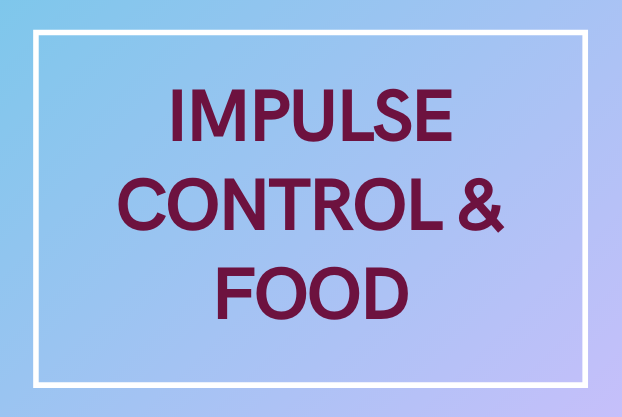TRIGGER WARNING: food, eating habits
Food is more than fuel—it’s comfort, distraction, even escape. Whether it’s bingeing or restricting, the dopamine rush from food can mimic addictive patterns. Research shows that highly palatable foods can trigger the brain’s reward system more intensely than drugs in some individuals.
A 2022 study by the National Institute of Nutrition found that 68% of urban adults reported emotional eating under stress. But what begins as relief often ends in guilt, creating a cycle of impulsive eating and shame that’s difficult to break without mindful intervention.
Why does food replace relief?
Eating is something that helps numb us. It distracts us from pain and provides us with immediate but temporary relief, thus we tend to binge. This cycle broadly follows this pattern-
- We feel bad about eating- regardless of whether we’ve binged or eaten a regular portion. Some people tend to struggle with even the most minimal helping of food. This often leads to
- Starvation: We tend to punish ourselves by denying ourselves food and thus, relief. Since starving ourselves is not sustainable, we cave and tend to
- Binge eat and chase relief in the form of food. The rush of dopamine makes us more likely to keep eating for that temporary alleviation of pain. However, this then leads to
- Feelings of guilt and regret. A large part of these feelings also stems from the kind of expectations society forces on us. The image of the healthy body has been standardized to the point that we tend to prioritize molding ourselves to that image, rather than listening to our bodies to understand the healthiest choice for us. These feelings lead us to
- Low self-esteem, which makes us repeat the cycle all over again.
How to break the cycle of eating, starving, and feeling guilty?
It is important to remember that starvation will not help you lose weight, as one would believe. Nor is it a choice you should make even after binge eating as a method to “compensate.” Instead, it encourages fat deposition in the body and increases our chances of gaining weight. While binge eating leads to you feeling warmer and better, if your relationship with food leads to regret, it is not a healthy habit. To sum up:
- Don’t starve yourself: this might seem obvious and repetitive, but it is important to remember that starving yourself is not the solution to your impulse control. Instead, you should aim to work towards a healthy relationship with food.
- Replace binge foods with healthier alternatives After about three weeks of choosing healthy alternatives, fast food starts to seem tasteless to a generous extent.
- No food is inherently “bad” or “good” as long as it is eaten in moderation. If you label food as “bad” or “good”, the tendency to regret and blame yourself becomes even greater. Some days you might feel like eating a burger instead of sticking to your every day healthy choice. This is not an impulse that you need to suppress, nor should you deprive yourself of your favourite foods. Instead, indulge in moderation and allow yourself to have a happy relationship with food.
- Be kind to yourself.
From personal experience or otherwise, Another Light knows that conversations about food and habits are difficult. We’re here to have those conversations with you and help you build a healthy relationship with food.

